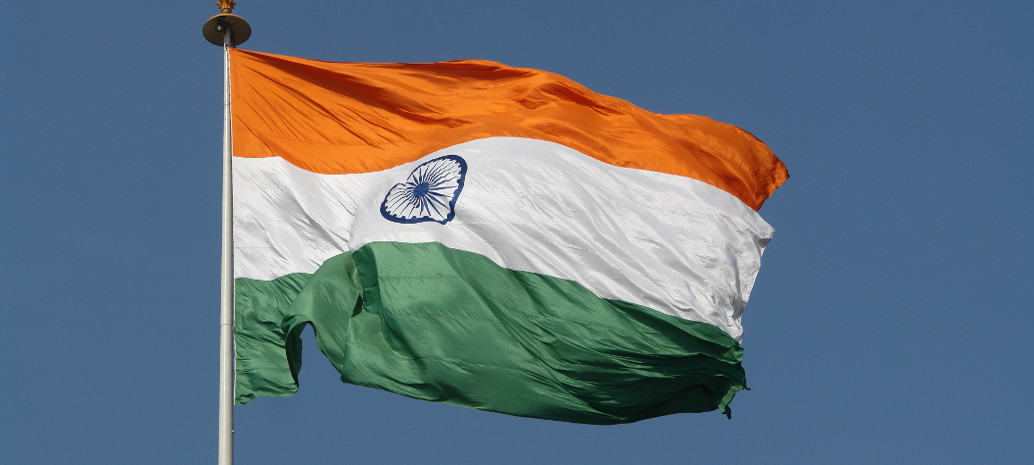The Indian Government must be feeling generous: Just weeks after it postponed safeguard duties, it has now granted a six month extension in the commissioning deadlines for PV projects developed with viability gap funding (VGF) under the National Solar Mission (NSM). They cover 750 MW under Batch I; 2 GW under Batch III; and 5 GW under Batch IV of NSM Phase II.
The decision was made to ensure the continued viability of the projects, which could have been negatively affected by infrastructure-related delays from state governments and/or solar parks.
Commenting on the extensions, IHS Markit analyst, Josefin Berg tells pv magazine, “Extensions to the commissioning deadline are fairly common in India’s PV market, as there are many factors that fall outside the developers’ control. These latest extensions for close to 8 GW of projects will be welcomed by the developers, as they can complete the projects without fearing that slow bureaucratic processes will put the viability of the investment at risk.”
As per the amendments, the Solar Energy Corporation of India (SECI) may grant a six month extension to solar projects that have been set up within their specified deadlines – 24 months for the 750 MW and 5 GW of projects, and 25 months for the 2 GW of projects – but that have not completed the formalities, due to such delays as land lease permissions from the State Government/Authorities, or delays in the setting up of external evacuation systems (either by the Solar Parks or State Authorities), and which are not the responsibility of the developer.
In addition to meeting the deadline period, for the extension to be granted, it is also mandatory that the solar power plants in question have already commissioned, or are ready for commissioning.
Furthermore, the plants must either already be feeding power into the grid or, if not, due to the absence of a commissioning date (COD), SECI must be able to physically verify that the plant has been set up and is ready for commissioning. If only part of the plant has been set up, the extension will only be granted to the completed part.
Any extension beyond six months will only be granted by the MNRE, based on the recommendation of SECI. Power purchase agreements (PPAs) will come into force from the actual commissioning date.
Interestingly, the move to extend solar projects commissioning follows the Power Ministry’s direction to the Central Electricity Regulatory Commission (CERC) to pass on the excess costs due to change in domestic duties, to consumers in the form of electricity tariffs in a time-bound manner.
This content is protected by copyright and may not be reused. If you want to cooperate with us and would like to reuse some of our content, please contact: editors@pv-magazine.com.









This is a welcome step in respect of power developers and producers. The nation can look forward to brisk activity on solar power projects and spurt in generation as the feared setback on account of scheduled commissioning date gets a breather.
Modi government in their next term (if it happens) should work on why projects in India are getting delayed and what should be done to make time sacrosanct. Indian products, however improved they may be under “Make in India” fail to attract foreign buyers on account of lead time in delivery . Value of time is realized by very few in India and effort to make up for time lost is virtually absent.Manufacturers in India find it difficult to cater to the demand in India market yet to be competitive globally they need to improve not only in Quality but also in Time . Will PM Modi concentrate on this aspect to improve India?